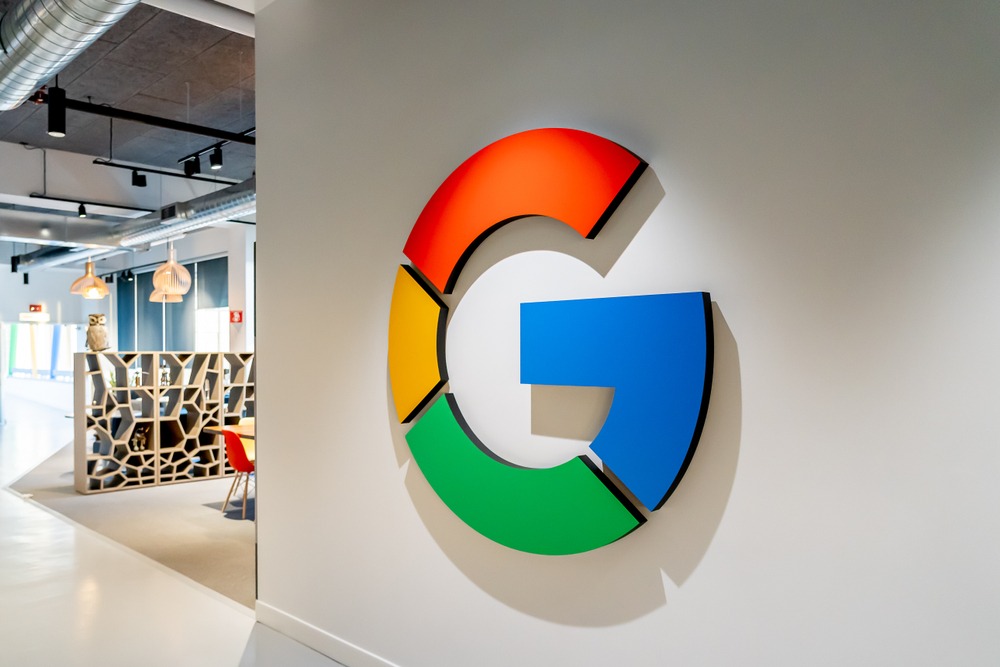Key Points
- AI technology is rapidly evolving, outpacing current regulations.
- Ian Khan highlights the infancy of AI regulations, praising Saudi Arabia’s proactive approach through SADAIA.
- Global collaboration among governments, tech companies, and researchers is important in crafting AI regulations.
- AI’s potential to improve government services and reduce bureaucracy is emphasised by the COVID-19 pandemic’s role in accelerating AI adoption.
- The call for international cooperation in sharing AI talent, expertise, and leadership in regulation.
The digital era is marked by an unparalleled acceleration in artificial intelligence (AI) technology, transforming industries and reshaping our daily lives and work. However, this rapid development presents substantial regulatory challenges as existing laws struggle to keep up with technological progress. Technology futurist Ian Khan highlights the infancy of global AI regulations, noting the potential of AI alongside the risks posed by the absence of comprehensive regulatory frameworks, which could impact privacy, security, and ethics.
Saudi Arabia’s Leadership in AI Regulation
In the face of these regulatory challenges, Saudi Arabia has positioned itself as a frontrunner in AI regulation and enablement. Establishing the Saudi Data and AI Authority (SADAIA) marks a significant step toward creating a regulatory landscape that encourages AI innovation while mitigating associated risks. Khan praises Saudi Arabia’s forward-thinking approach, emphasising its role in establishing a global benchmark for AI regulation.
The Need for Collaborative Regulation
Khan calls for a cooperative strategy for AI regulation involving governments, technology firms, and academic researchers. This collaboration is vital for crafting regulations safeguarding individuals and societies while fostering AI technological growth. Through sharing insights, expertise, and experiences, stakeholders can develop a regulatory framework that reflects AI’s evolving nature.
AI’s Role in Enhancing Government Services
Khan also points out AI’s capacity to improve government services, streamline operations, and reduce bureaucracy. The COVID-19 pandemic has especially highlighted digital services and AI’s importance in public health and administration, prompting an accelerated shift toward automated processes. This change leads to more efficient and user-centric government services.
The Urgency of Global Unity in AI Governance
Highlighting the necessity of global cooperation in AI governance, Khan argues for shared talent, expertise, and leadership in regulation to foster a unified global approach to AI. Consequently, such collective action is crucial for navigating AI technology’s complexities, ensuring its ethical use, and maximising its societal benefits.
Furthermore, Ian Khan’s insights underscore the urgent need for robust, collaborative regulatory frameworks to keep pace with AI innovation. With examples like Saudi Arabia leading the way, the global community must come together to responsibly leverage AI’s benefits in the digital age.
















